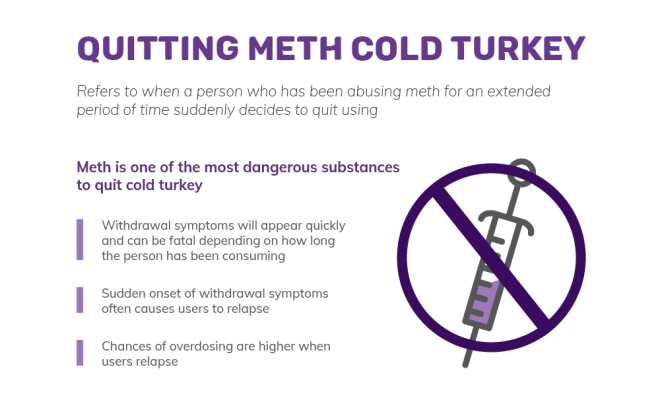5 Ways to Deal with Clients Who Refuse to Pay

Introduction
As a freelancer or small business owner, dealing with clients who refuse to pay can be frustrating and time-consuming. Non-paying clients can deeply impact your cash flow and hamper your ability to focus on providing quality services or products. In this article, we explore five ways to handle clients who refuse to pay, ensuring that you’re prepared to tackle such situations.
1. Establish clear payment terms early on
To minimize the risks of late or non-payment, it is essential to establish clear payment terms with your clients from the beginning. This includes detailing payment milestones, due dates, and late payment fees in a contract or agreement. Make sure both you and the client understand the terms and sign off on them before work commences.
2. Follow up relentlessly
If a client fails to make their payment by the agreed deadline, don’t hesitate to follow up politely yet firmly. Send weekly reminders outlining the outstanding amount and requesting prompt payment. You can also request a read receipt for emails or use tools that provide read notifications to ensure that the client has seen your message.
3. Offer flexible payment options
If a client is unable or unwilling to pay the entire amount at once, consider offering flexible payment plans. This can be particularly helpful when working with smaller clients or those experiencing temporary financial difficulties. By showing understanding and offering options adjusted to their current situation, you may maintain positive relationships while increasing the chances of receiving full payment.
4. Retain legal counsel
When dealing with persistent non-payment, it may be necessary to escalate matters legally. Consult an attorney specializing in debt collection or small claims court procedures as needed. Additionally, draft formal demand letters using specific legal language that outlines consequences for non-payment and demonstrates your seriousness in pursuing outstanding debts.
5. Document every communication
Throughout the process of chasing payments, it is crucial to document every interaction you have with your client. Keep records of emails, texts, phone calls, and any other correspondence. This documentation serves as evidence should you need to pursue legal action or use a collection agency. Additionally, it is critical to be professional and courteous in all communications, as this will reflect well on your case if it moves to court.
Conclusion
Dealing with non-paying clients can be stressful and tiresome. By following these five strategies – clarifying payment terms early on, following up relentlessly, offering flexible payment options, retaining legal counsel, and documenting every communication – you can effectively manage such situations while protecting your business interests. Remember to remain professional throughout the process and remain focused on obtaining what is owed to you for the work you have completed.






